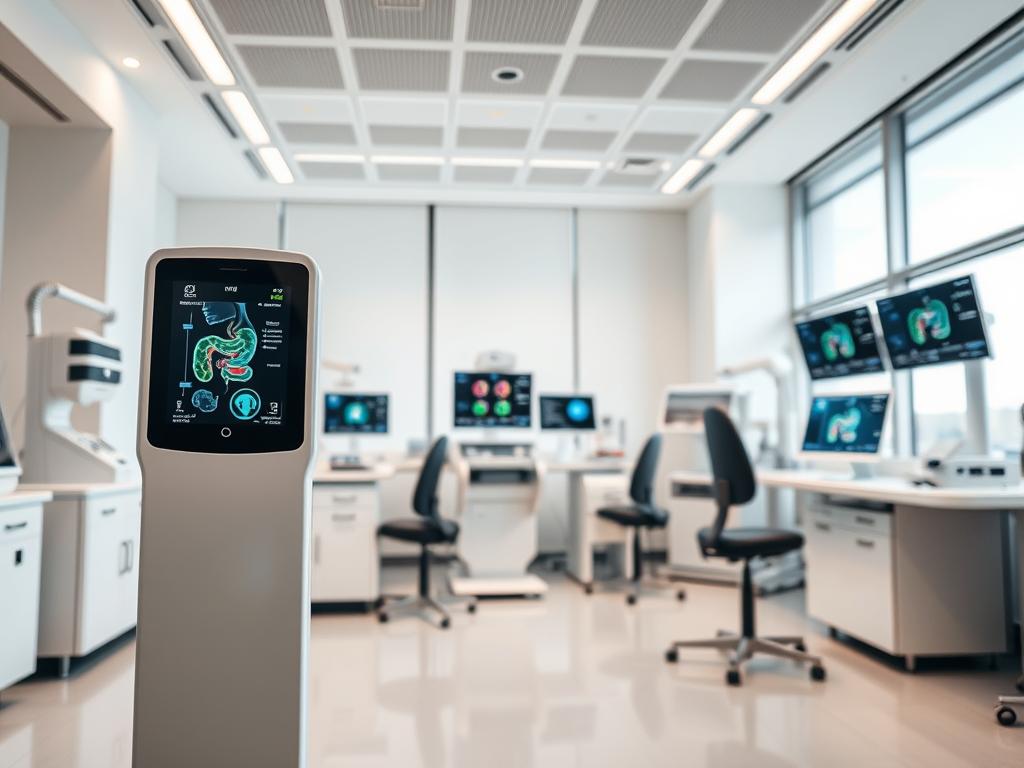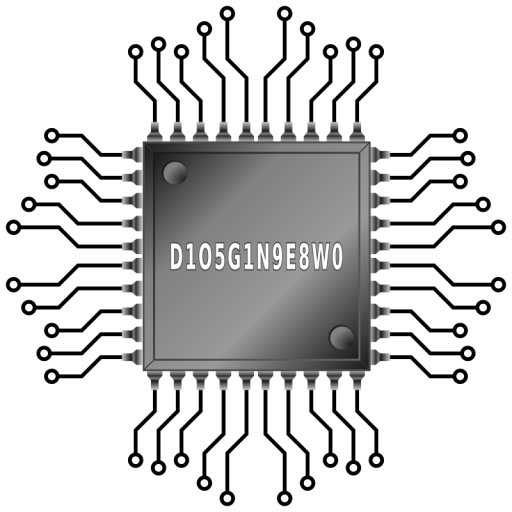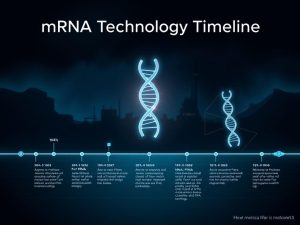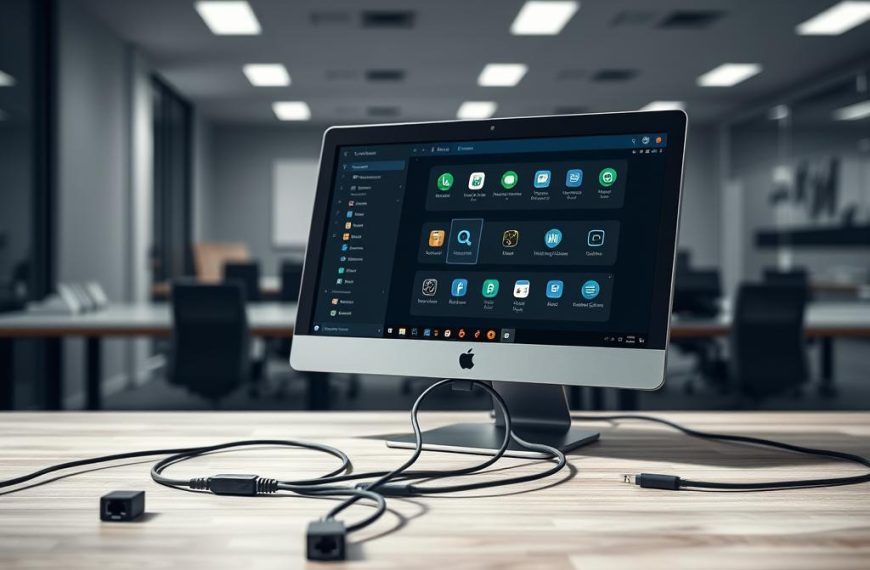IBS technology is revolutionising business operations across various sectors. It’s a groundbreaking solution for complex technological challenges. This innovative system streamlines processes and boosts operational efficiency.
IBS technology integrates advanced capabilities into business ecosystems. It optimises workflows in manufacturing and construction. The system improves customer satisfaction and drives strategic decision-making.
At its core, IBS technology uses cutting-edge artificial intelligence. It can process millions of data points quickly. This ability provides real-time insights, setting it apart from traditional tools.
IBS technology enhances customer experiences effectively. It meets intricate business process requirements with ease. The system is reshaping how organisations tackle complex operational challenges.
Its versatility makes it useful in multiple industries. IBS technology offers tailored solutions for specific needs. It addresses both technological and strategic requirements efficiently.
What is IBS Technology
IBS technology is a cutting-edge approach to integrated technological solutions. It transforms how organisations process data and manage complex systems. This innovative technology combines advanced AI with sophisticated technical infrastructure to create powerful, adaptive platforms.
IBS technology is a comprehensive system that leverages digital capabilities. It streamlines operations across multiple industries. Key characteristics include intelligent data processing, real-time analytics, and seamless integration of technological components.
Core Components of Technological Architecture
The technical infrastructure of IBS technology comprises several critical elements:
- Advanced machine learning algorithms
- Robust data processing capabilities
- Scalable cloud-based architectures
- Intelligent monitoring systems
- Adaptive artificial intelligence frameworks
Data Processing and Intelligence
IBS technology excels in managing complex data environments. Research shows 70% of organisations using AI solutions have improved operational efficiency. The technology’s data processing capabilities are impressive.
These capabilities enable real-time information analysis and predictive computational models. They also allow for automated decision-making processes and comprehensive performance tracking.
IBS technology integrates sophisticated technical infrastructure. This integration transforms traditional operational approaches. It offers organisations unprecedented insights and capabilities.
Digital transformation is no longer optional but critical for organisational survival in a rapidly evolving technological landscape.
Applications of IBS in Healthcare and Medical Diagnosis
IBS healthcare applications are changing the medical landscape. They use cutting-edge AI and advanced diagnostic tech. This research has opened new ways to understand and manage complex medical conditions.

Doctors now use AI diagnostics to improve patient care and accuracy. These technologies allow for better patient monitoring. They provide real-time insights into complex health issues.
AI-Powered Diagnostic Tools
AI has shown amazing abilities in medical diagnostics. Recent studies reveal impressive achievements in IBS detection:
- An AI algorithm achieved a 0.95 area under the curve (AUC) for discriminating between healthy individuals and IBS patients
- Sensitivity rates reaching 89% for detecting IBS using advanced acoustic bowel sound analysis
- 100% sensitivity in assessing bowel preparation quality through AI systems
Real-time Patient Monitoring Systems
New tech offers deep insights into gut health. These systems track key body functions non-stop. They help doctors spot small changes in patients’ conditions.
This allows for personalised treatment plans. It also reduces unnecessary medical procedures.
Integration with Electronic Health Records
Linking health records with diagnostic tools is a big step forward. It helps doctors work more efficiently. This integration allows for better personalised care.
- Streamline diagnostic processes
- Enhance treatment personalisation
- Improve overall patient outcomes
| Diagnostic Approach | Sensitivity | Specificity |
|---|---|---|
| AI Acoustic Analysis | 89% | 100% |
| Biofilm Detection | 57% | 66% |
| Colonoscopy Screening | 30.8% | 97.6% |
These tech advances mark a new era in healthcare. They bring together precision, efficiency, and patient-focused approaches. This is reshaping how we diagnose and monitor health issues.
Wearable Technology and IBS Management
Wearable tech has transformed IBS management, giving patients new insights into their health. These devices are changing how people track and understand their symptoms.
IBS wearables offer a thorough approach to symptom tracking. They help patients gather vital data about their condition.
Research shows 89% of IBS patients believe wearables can provide important health information. Furthermore, 93.8% are willing to use devices that help doctors manage their condition.
- Continuous gut activity monitoring
- Real-time sleep quality tracking
- Physical activity analysis
- Personalised symptom documentation
These devices excel at capturing detailed health data. Studies have revealed interesting findings:
| Tracking Metric | Probability of Symptom Detection |
|---|---|
| 4000 daily steps | 78% |
| 6000 daily steps | 70% |
| 8000 daily steps | 59% |
| 10000 daily steps | 48% |
Digital health technologies are empowering patients to take control of their IBS management like never before.
The future of IBS management is not just about treatment, but proactive, personalised health monitoring.
Smartphone ownership is at 43% globally and 72% in the US. This makes wearable health devices more accessible.
These devices offer hope and support for the 10% of people worldwide affected by IBS.
Security and Privacy Considerations in IBS Implementation
IBS data security and patient privacy are crucial in healthcare technology. Organisations must navigate regulatory compliance and ethical data management when implementing integrated biometric systems.
Protecting sensitive healthcare information requires robust security protocols and privacy safeguards. This multifaceted approach ensures patient data remains secure.
Data Protection Protocols
Effective healthcare privacy strategies involve comprehensive data protection mechanisms. These include encrypting personal information and implementing role-based access control systems.
Continuous monitoring of data transmission and secure cloud storage solutions are also essential. These measures help maintain data integrity.
- Encryption of personally identifiable information
- Role-based access control systems
- Continuous monitoring of data transmission
- Secure cloud storage solutions
“Privacy is not something that I’m merely entitled to, it’s an absolute prerequisite.” – Marlon Brando
Compliance with Healthcare Regulations
Regulatory compliance is vital in IBS implementation. Healthcare organisations must follow strict guidelines to protect patient data.
These guidelines ensure data protection while allowing for technological innovation. Regular audits and staff training are key components.
- Annual privacy training for staff
- Regular security audits
- Comprehensive documentation of data handling processes
- Transparent reporting mechanisms
Privacy Impact Assessment Requirements
Organisations must conduct thorough privacy impact assessments. These evaluations identify potential risks and prevent breaches.
They ensure healthcare privacy remains a priority in technological development. This approach safeguards patient confidentiality.
Rigorous security measures and patient confidentiality are crucial. These practices allow healthcare providers to use IBS technology while protecting individual privacy rights.
The Future of IBS Technology: Emerging Trends and Innovations

IBS technology is advancing rapidly, offering exciting new possibilities in healthcare. These innovations are changing how doctors diagnose and treat patients. They’re also improving overall patient care strategies.
Here are some key trends in IBS technology:
- Personalised AI-driven diagnostic tools
- Advanced predictive analytics systems
- Seamless integration with Internet of Things (IoT) platforms
- Real-time patient monitoring capabilities
IBS tech innovations are transforming healthcare with unmatched precision and personalisation. Digital transformation is no longer a choice but a necessity for top-notch patient care.
| Technology Trend | Potential Impact | Market Adoption |
|---|---|---|
| AI Diagnostics | Enhanced accuracy | Growing rapidly |
| IoT Integration | Real-time monitoring | Increasing |
| Predictive Analytics | Proactive healthcare | Expanding |
The convergence of advanced technologies is creating a new paradigm in healthcare delivery and patient management.
Global markets show great promise for IBS tech innovations. Europe leads with 53% of global technology systems. North America follows with a 24% market share.
These figures suggest a bright future for advanced healthcare technologies. Continued development and implementation of these systems are likely to increase.
Case Studies: Successful Implementations of IBS Technology
IBS success stories showcase transformative real-world applications across various industries. Organisations have used technology to achieve remarkable outcomes in banking and infrastructure.
Several case studies highlight the impact of IBS technology:
- Veefin’s Supply Chain Finance Platform: Successfully digitised the entire supply chain finance process for IndusInd Bank, streamlining financial operations.
- Intellect Design Arena’s Digital Transformation: Powered Vietcombank’s digital journey, exceeding benchmarks in payments and cash management.
- ERI Bancaire’s Portfolio Management: Implemented an advanced system for Andbank, showcasing sophisticated technological integration.
IBS technology has made a significant impact in the construction sector. The Chinese government’s focus on infrastructure has sped up technology adoption.
The construction industry represents about 25% of China’s national GDP. This highlights the sector’s importance in technological innovation.
Technological innovation is not just about implementing new systems, but revolutionising entire operational frameworks.
Research shows that strategic technology use can greatly reduce non-value-added work. This could potentially boost industry efficiency from 57% to more competitive levels.
These success stories demonstrate the power of IBS technology. It’s clear that it can drive organisational change across many sectors.
Conclusion: The Transformative Power of IBS Technology
Digital platforms like GutHealth.Care are changing how we approach digestive wellness. They offer personalised solutions that integrate comprehensive care strategies. This marks a pivotal moment in healthcare innovation.
IBS technology has a far-reaching impact. Studies show improvements in symptom management and quality of life. Patients experience reduced anxiety and better overall psychological well-being.
These advancements allow for more precise, patient-centred interventions. They address both physical and mental health aspects of IBS.
The future of IBS technology is bright. New digital platforms are creating holistic ecosystems for managing this condition. They combine medical expertise, psychological support, and personalised wellness strategies.
Data-driven insights and innovative solutions are transforming complex health management. The potential for IBS technology seems limitless. Experts are developing sophisticated tools to enhance patient experiences.
These new technologies aim to improve diagnostic accuracy. They also provide more effective, personalised treatment pathways for IBS sufferers.














